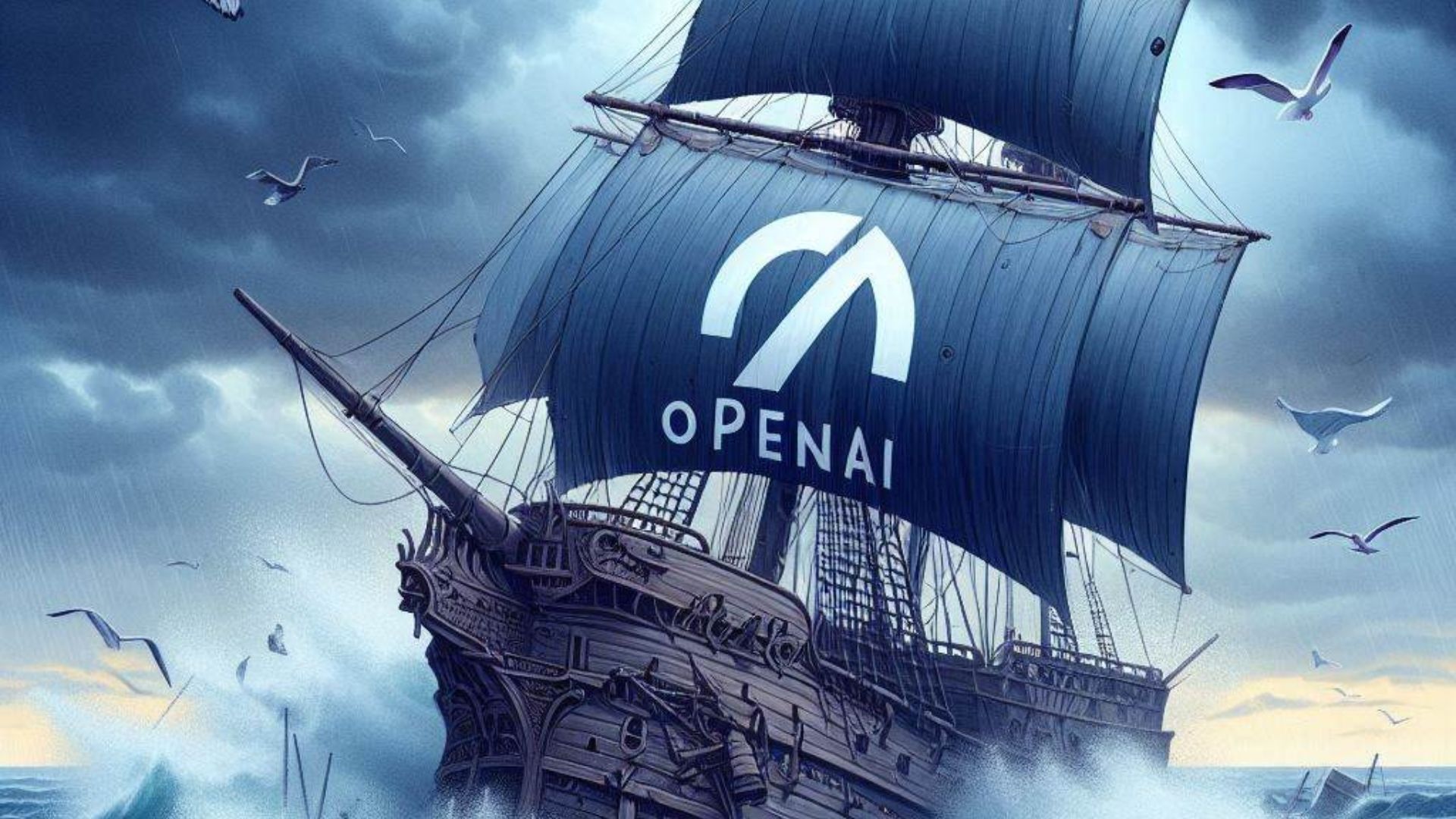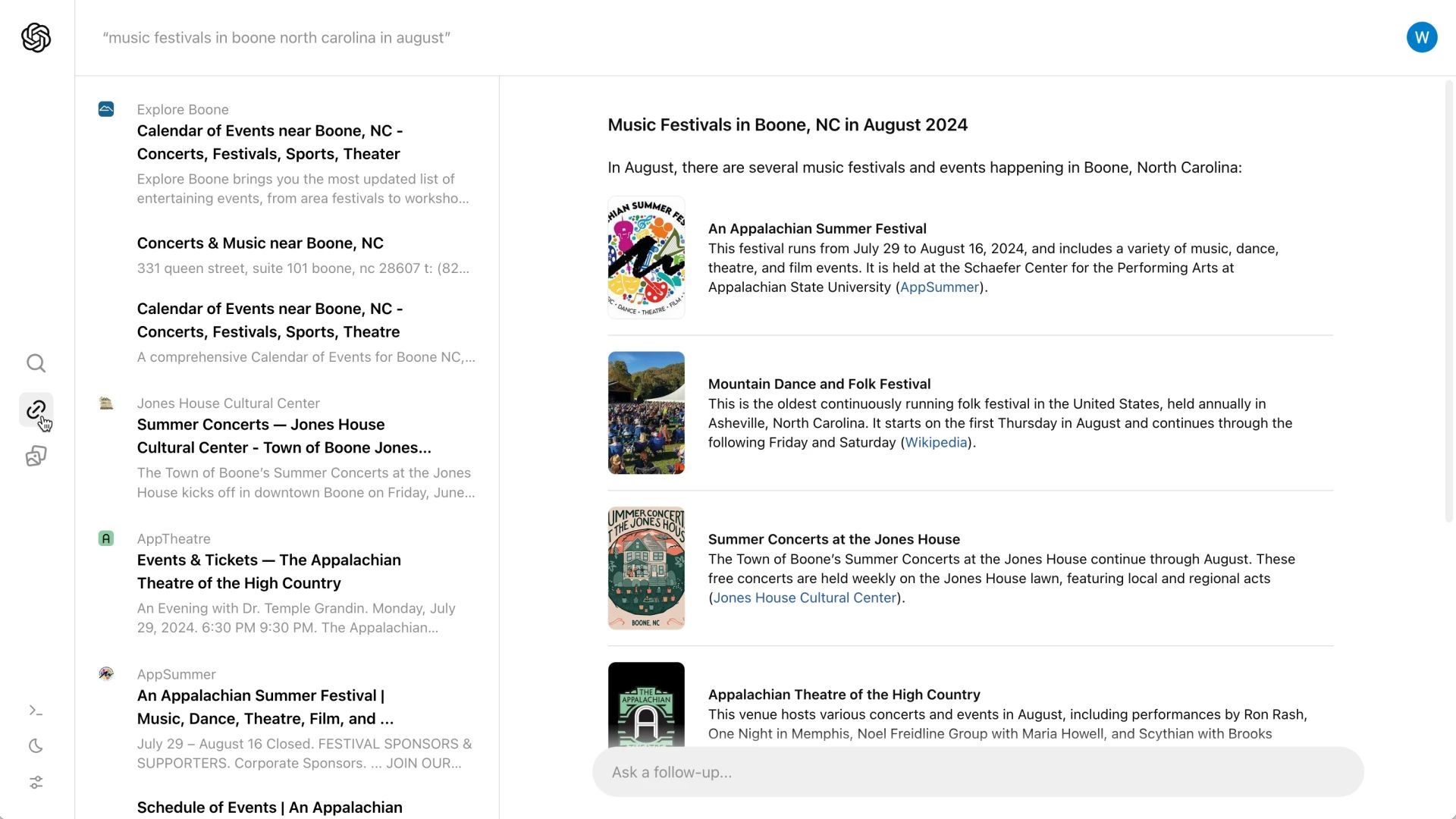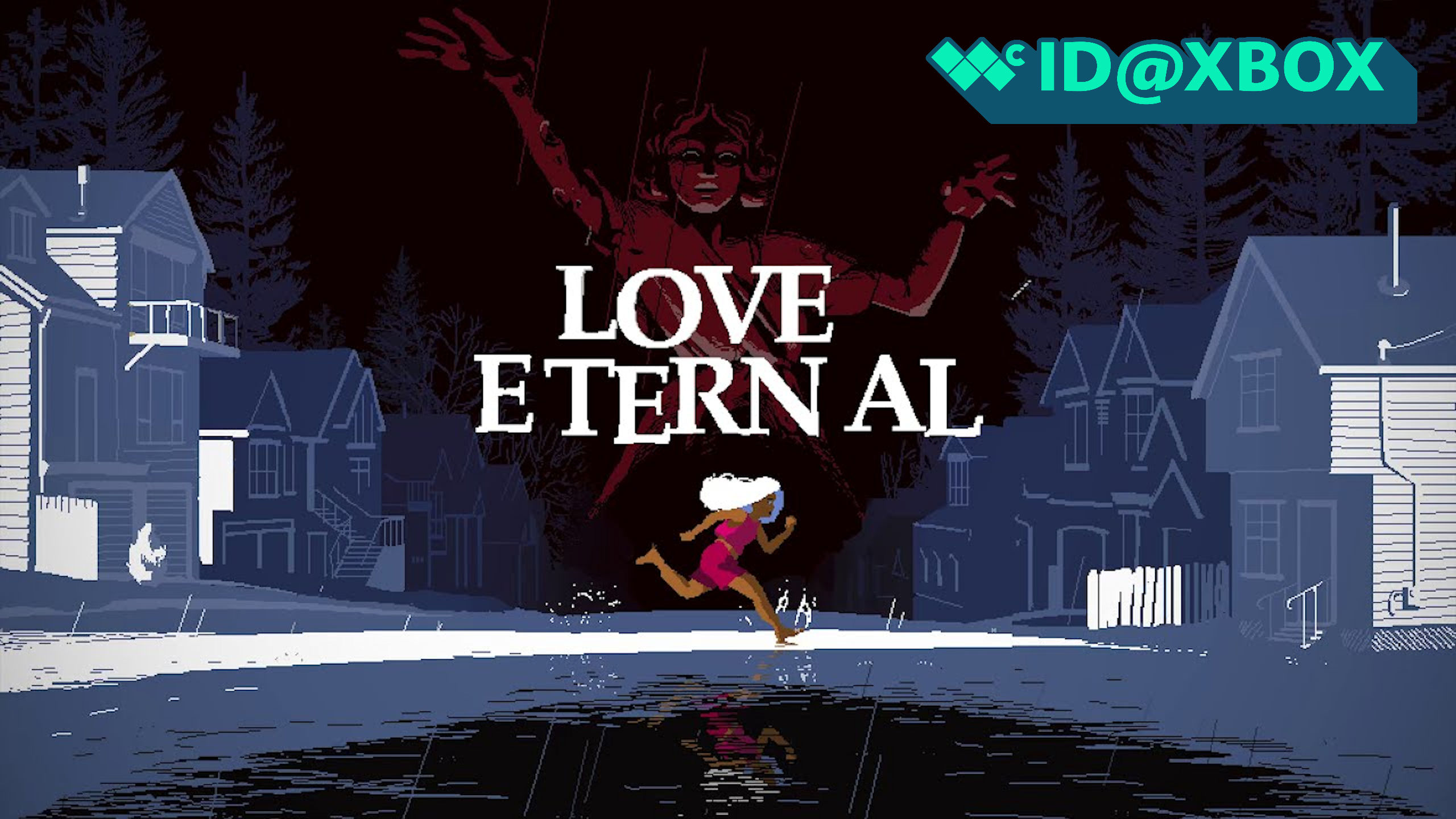Despite bankruptcy scares, OpenAI enters the search engine fold to rival Google and Microsoft with Sam Altman indicating that "there is room to make search much better than it is today."
Watch out Google, OpenAI's SearchGPT promises "fast and timely answers with clear and relevant sources."

What you need to know
- After much anticipation, OpenAI dabbles in the search engine landscape with a temporary prototype dubbed SearchGPT.
- The AI tool will reportedly help users find quick responses and answers to queries in a conversational tone.
- Its access is limited to a few unnamed partners and publishers who will help improve its efficiency through feedback.
Rumors about OpenAI venturing into the search engine landscape with a ChatGPT-powered alternative have been hitting the headlines for a hot minute. While CEO Sam Altman seemingly placed those plans on the back burner a few days before launching the magical GPT-4o model with reasoning capabilities, the company recently made its debut in the landscape with SearchGPT — "a temporary prototype of new AI search features that give you fast and timely answers with clear and relevant sources."
we think there is room to make search much better than it is today.we are launching a new prototype called SearchGPT: https://t.co/A28Y03X1Sowe will learn from the prototype, make it better, and then integrate the tech into ChatGPT to make it real-time and maximally helpful.July 25, 2024
According to OpenAI, the new AI-powered search engine will help users find quick responses and answers to queries in a conversational tone. The tool will compile comprehensive links to provide additional context to the answer provided. SearchGPT sources information from the internet and publishers who've signed exclusive deals with OpenAI to use their data.
OpenAI has limited the tool's access to a few unnamed partners and publishers. The tech firm will use the feedback from the publishers to improve the search tool's reliability and efficiency.
The AI-powered search engine landscape is not a new phenomenon. Microsoft was among the first companies to debut an AI-powered search engine — Copilot (formerly Bing Chat), which relies on OpenAI's LLMs for its functionalities.
A lot of work needs to be done to get the AI search engine right
AI-powered chatbots rely heavily on copyrighted content from the internet and publishers, brewing controversies over copyright infringement-related issues. OpenAI CEO Sam Altman admitted it's impossible to develop AI tools like ChatGPT without copyrighted material and added that copyright law doesn't prohibit using content to train AI models.
While this remains a constant battle between publishers and developers, AI tools continue to steal borrow information from internet sources. But this doesn't necessarily make them any better at generating responses.
Google's AI Overview feature brewed controversy and backlash from users after generating erroneous responses to queries, including recommending eating rocks and glue. The company addressed the issue and pointed fingers at a 'data void' of contextual topics coupled with faked screenshots.
All the latest news, reviews, and guides for Windows and Xbox diehards.
More recently, Reddit blocked Microsoft from crawling through its content for Bing, leaving users high and dry after breaking search results for everyone but Google. It'll be interesting to watch OpenAI face these challenges amid claims of being on the verge of bankruptcy.

Kevin Okemwa is a seasoned tech journalist based in Nairobi, Kenya with lots of experience covering the latest trends and developments in the industry at Windows Central. With a passion for innovation and a keen eye for detail, he has written for leading publications such as OnMSFT, MakeUseOf, and Windows Report, providing insightful analysis and breaking news on everything revolving around the Microsoft ecosystem. While AFK and not busy following the ever-emerging trends in tech, you can find him exploring the world or listening to music.

